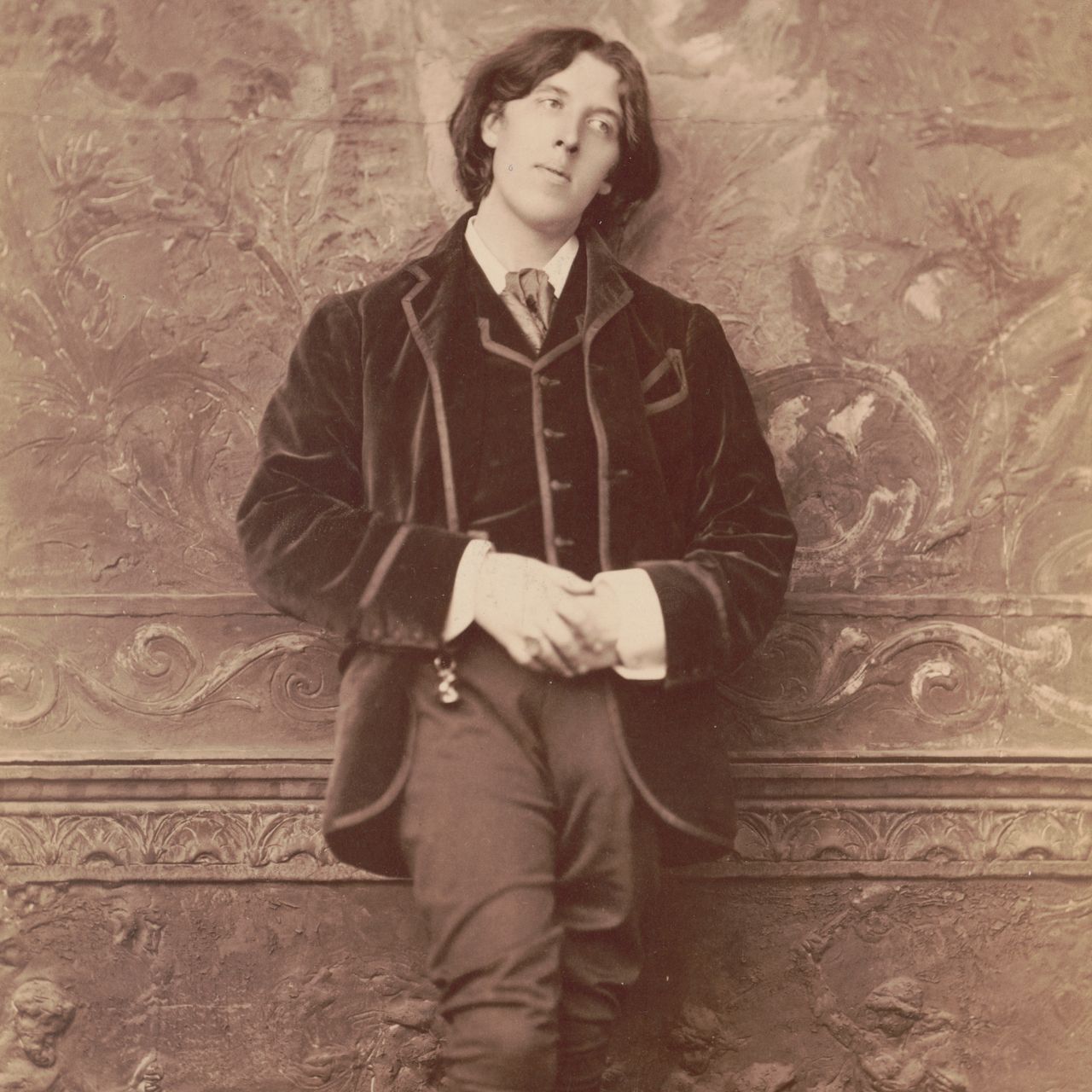
Oscar Wilde, the renowned Irish playwright, poet, and author, continues to captivate audiences with his wit, flamboyance, and enduring literary works. His impact on literature and popular culture is undeniable, making him a timeless figure whose influence transcends generations. In this article, we delve into 10 fascinating facts about Oscar Wilde, shedding light on lesser-known aspects of his life, career, and enduring legacy. From his unparalleled talent for crafting memorable witticisms to his tumultuous personal life, each fact offers a glimpse into the complexities of this literary icon. Join us as we explore the life and times of Oscar Wilde, unearthing intriguing details that showcase the depth of his artistry and the enduring allure of his persona.
Key Takeaways:
- Oscar Wilde, a witty and flamboyant writer, faced scandal and legal troubles but left a lasting legacy through his famous works like “The Importance of Being Earnest.
- Despite challenges, Oscar Wilde’s legacy lives on, inspiring readers and theatergoers worldwide with his wit, insight, and unapologetic individualism.
Oscar Wilde was born in Dublin, Ireland.
Renowned playwright and poet Oscar Wilde was born on October 16, 1854, in Dublin, Ireland. His birth name was Oscar Fingal O'Flahertie Wills Wilde.
Oscar Wilde was a brilliant student at Trinity College, Dublin.
Wilde attended Trinity College, Dublin, where he excelled in his studies. He was awarded the college's Berkeley Gold Medal for Greek, and he was recognized as one of the most promising students in his year.
Oscar Wilde was known for his wit and flamboyant style.
Wilde was celebrated for his sharp wit and flamboyant personality. His clever quips and extravagant fashion sense made him a prominent figure in London's social and literary circles.
Oscar Wilde's only novel, "The Picture of Dorian Gray," was published in 1890.
"The Picture of Dorian Gray" is a Gothic novel that tells the story of a young man who remains youthful while a portrait of him ages. The novel explores themes of vanity, morality, and the pursuit of pleasure.
Oscar Wilde's most famous play is "The Importance of Being Earnest."
"The Importance of Being Earnest" is a comedic play that satirizes the Victorian era's social customs and values. It remains a classic of English literature and is widely performed to this day.
Oscar Wilde faced a public scandal and legal troubles.
Wilde's reputation was tarnished when his romantic involvement with Lord Alfred Douglas led to a public scandal. This ultimately resulted in Wilde being convicted of "gross indecency" and sentenced to two years of hard labor.
Oscar Wilde wrote a famous letter while in prison.
During his imprisonment, Wilde composed a heartfelt letter to Lord Alfred Douglas, which was later published as "De Profundis." The letter reflects on Wilde's spiritual and emotional journey and has been acclaimed for its introspective and poignant nature.
Oscar Wilde passed away in Paris at the age of 46.
After his release from prison, Wilde spent his last years in France under the name Sebastian Melmoth. He succumbed to meningitis on November 30, 1900, and was buried in Père Lachaise Cemetery in Paris.
Oscar Wilde's tomb in Père Lachaise Cemetery is a popular tourist attraction.
Wilde's tomb, featuring a striking sculpture by Jacob Epstein, has become a site of pilgrimage for admirers of the writer. Visitors often leave tokens of appreciation, such as lipstick marks and flowers, on the monument.
Oscar Wilde's legacy continues to inspire and captivate audiences worldwide.
Despite the challenges he faced in his lifetime, Oscar Wilde's literary works and enduring legacy continue to resonate with readers and theatergoers around the globe. His wit, insight, and unapologetic individualism have solidified his place as a cultural icon.
Oscar Wilde's life and contributions to literature and society have left an indelible mark on the world, ensuring that his legacy endures for generations to come.
Conclusion
Oscar Wilde's life and legacy continue to captivate and inspire people around the world. His wit, charm, and literary prowess have left an indelible mark on the world of literature and art. Through his works and personal journey, Wilde challenged societal norms and championed individuality, leaving behind a rich tapestry of thought-provoking ideas and timeless wisdom. As we delve into the fascinating world of Oscar Wilde, we uncover not only the complexities of his character but also the enduring relevance of his insights and perspectives. His enduring influence serves as a testament to the power of creativity, individuality, and the unyielding spirit of the human experience.
FAQs
What were Oscar Wilde's most famous works?Oscar Wilde is renowned for his literary masterpieces, including "The Picture of Dorian Gray," "The Importance of Being Earnest," and "De Profundis." These works showcase his unparalleled wit, keen observations, and profound understanding of human nature.
What was Oscar Wilde's impact on literature and society?Oscar Wilde's impact transcends the realms of literature and society. His unapologetic embrace of individuality and his critique of societal norms continue to inspire generations, challenging readers to question conventional wisdom and embrace their true selves.
Was this page helpful?
Our commitment to delivering trustworthy and engaging content is at the heart of what we do. Each fact on our site is contributed by real users like you, bringing a wealth of diverse insights and information. To ensure the highest standards of accuracy and reliability, our dedicated editors meticulously review each submission. This process guarantees that the facts we share are not only fascinating but also credible. Trust in our commitment to quality and authenticity as you explore and learn with us.
